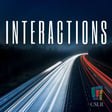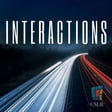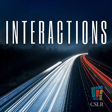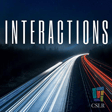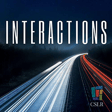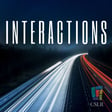
John Witte, Jr. – Table Talks on the Weightier Matters of Law and Religion
Today’s guest is John Witte, Jr. — Robert W. Woodruff Professor of Law, McDonald Distinguished Professor of Religion, and Faculty Director of the Center for the Study of Law and Religion at Emory University. A specialist in Legal History, Human Rights, Religious Freedom, Marriage and Family Law, and Law and Religion, he has published more than 300 articles, 19 journal symposia, and 45 books. As the latest addition to this large body of work, Witte’s new book —Table Talks—is a collection of short reflections on what he calls “the weightier matters of law and religion.” It was published Open Access through Brill Academic Press earlier this year and is intended for both law students and the broader public.
In this conversation, we talk with John about the inspiration for the book, his advice for students, and the role of academics in public discourse, among other topics.
- Table Talks (Open Access): https://brill.com/display/title/64126
- John Witte, Jr. faculty page: https://law.emory.edu/faculty/faculty-profiles/witte-profile.html
- John Witte, Jr. website: https://www.johnwittejr.com/
- CSLR Website: https://cslr.law.emory.edu/
